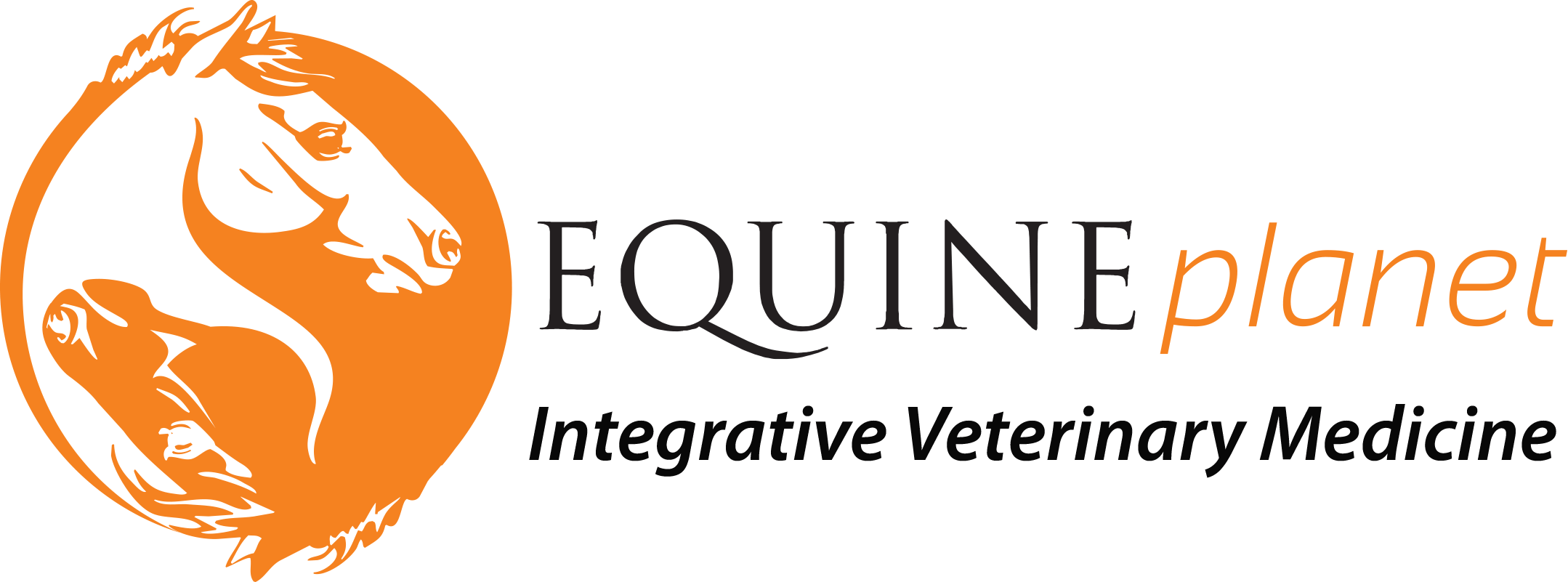RESCUE SERVICES


What does the law say about animal cruelty?
Portugal’s animal protection law (DL nº 69/2014 de 29 de Agosto) came into effect in October 2014 and criminalizes the abandonment, neglect and abuse of “companion animals”. According to the law, abandoning companion animals or putting them in danger through lack of care or food, can be punished with imprisonment of six-month or a 60 day fine. Animal owners, who without reasonable cause inflict any pain, suffering or any other kind of physical maltreatment will face a prison sentence of one year or a 120 day fine. Should the behavior of the owner or the person in charge of looking after the animal result in the death of the animal, the deprivation of an important organ or limb or serious and permanent damage to their ability to walk, the prison sentence may increase to up to two years and the fine up to 240 days.
Whilst the new law was a great step forward in the prevention of animal cruelty there are still many inconsistencies and gaps. For example, the definition of a companion animal or pet is unclear for in our experiences it excludes equines that are kept as “farm animals, for the purpose of breeding, sports and trade”.
What are the signs of equine cruelty?
Environmental:
- No evidence for food and water over long periods of time.
- Lack of shelter from extreme weather conditions.
- Filthy living conditions (animals found in feces, garbage, broken glasses, sharp objects, or any other harming objects).
- No adequate space for normal movements or for having social interactions (too small or overcrowded spaces).
- Lack of companionship (in many first world countries it is forbidden to have horses alone).
- Inappropriate husbandry conditions (particularly in extreme weather).
- Hoarding (involves owners who have more animals than resources to care for them).
Physical:
- Wounds on the body (often caused by tight collars or ropes around the neck or feet).
- An owner striking or physically abusing an animal.
- Multiple scars and untreated skin (loss of hair, scales, bumps, rashes, sunburns).
- Extremely thin or emaciated animals (bones may be visible).
- Presence of an excessive amount of fleas, ticks or other parasites.
- Overgrown hooves.
- Limping or inability to stand or walk normally.
- Discharges from nose and eyes.
- Visible signs of confusion or drowsiness
How can I file a complaint?
Before you report a case of equine cruelty to the authorities (SEPNA & GNR) it is advisable to gather as much information as possible. However, never put yourself in danger and do not enter another person’s property without permission. Also be extremely careful around animals that may experience high levels of stress due to being scared or in pain.
- Write a clear and concise report on what you have witnessed, when and where (including dates, times, full address or GPS coordinates of the location).
- Take photographs of the animal and if possible of the location where it is kept.
- Gather testimonies from other witnesses (neighbors, locals or other people/organizations with firsthand information).
- Keep record of the name of the law enforcement officer assigned to your case, the date of the first contact and any documented evidence you presented. Should the response take too long, make a polite follow-up call.
How to prevent road accidents involving equines!
Every year numerous traffic accidents involving horses occur in the Algarve. The majority are caused by animals that have been left to roam freely in fields without fencing, animals that broke loose from their ropes or by abandoned animals.
CASES OF EQUINE CRUELTY SHOULD BE REPORTED TO:
(SEPNA) Serviço de Proteção da Natureza e do Ambiente
Largo do Carmo
1200-092 Lisboa
Tel: (+351) 213 217 291/2
SOS: (+351) 808 200 520
Email: sepna@gnr.pt / dsepna@gnr.pt
For contacts of the GNR in your area, view this page.

© 2024 Equine Planet France
Website by NK
